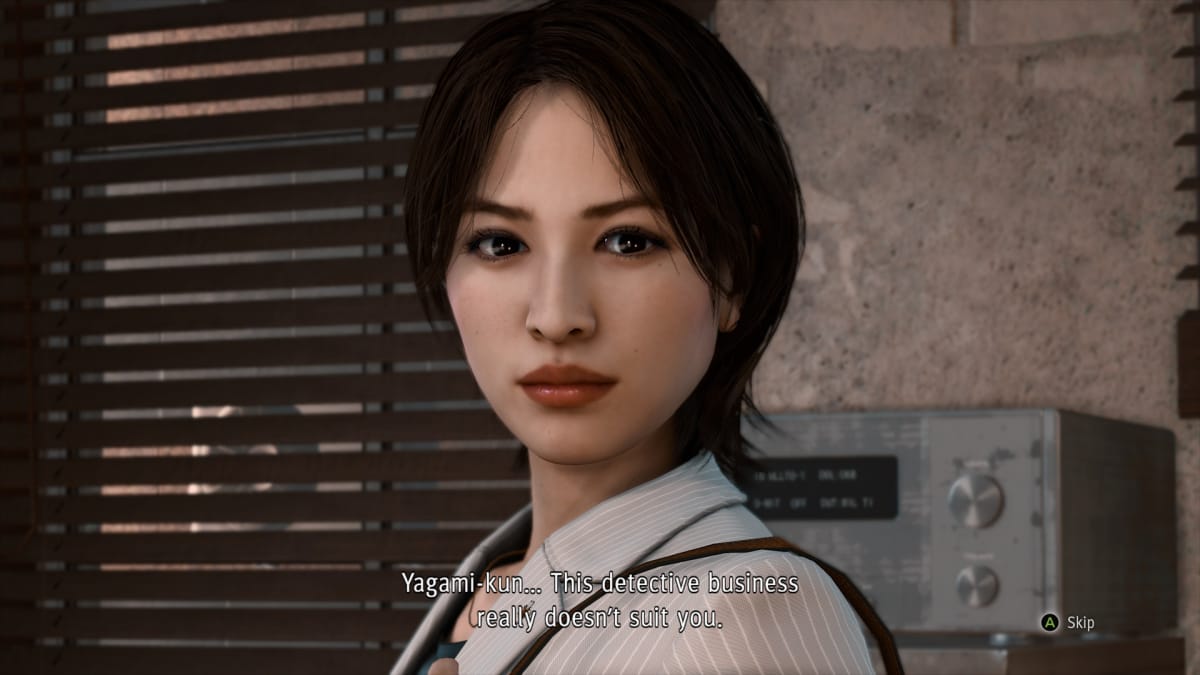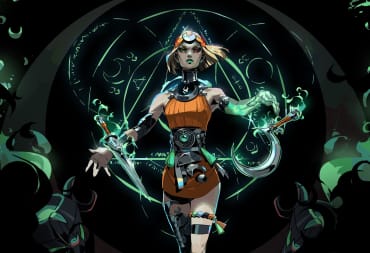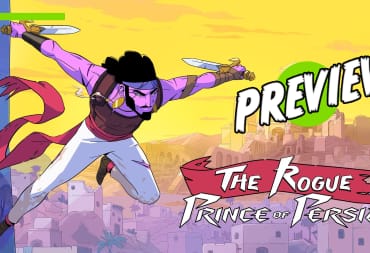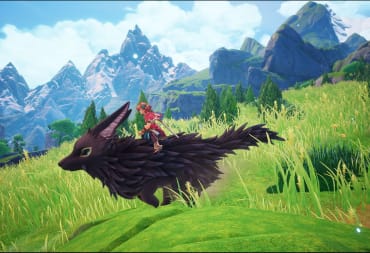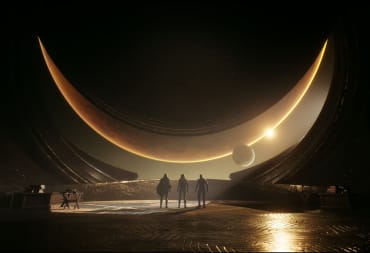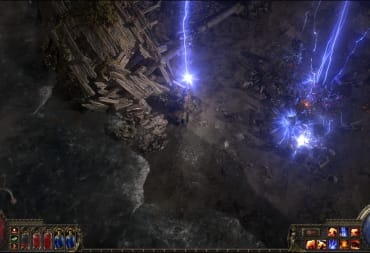Despite pre-launch rumblings concerning "downgraded" lighting, Ryu ga Gotoku has delivered a much higher quality remaster than its marketing suggests. A 60 frames per second target along with "enhanced visuals" are the major selling points, but it's the extent to which those visuals have been upgraded that may surprise users basing their impressions off low-resolution, cherry-picked images that have been circulating since the remaster's reveal. It's not perfect and it's lacking the options presented in Yakuza: Like a Dragon, but Judgment's next-gen release still makes the PS4 and PS4 Pro versions feel obsolete.
Note: The article uses downsized jpegs. For an album of higher resolution png's, including more images and split-screen comparisons, click here. Also worth noting that I'm new to pixel counting so don't take the two-pixel counted images as gospel. It's best to wait for verdicts from publications like Digital Foundry, NX Gamer, or VG Tech. I included them as aids to show I made an effort rather than assuming.
Judgment Finally Feels Good
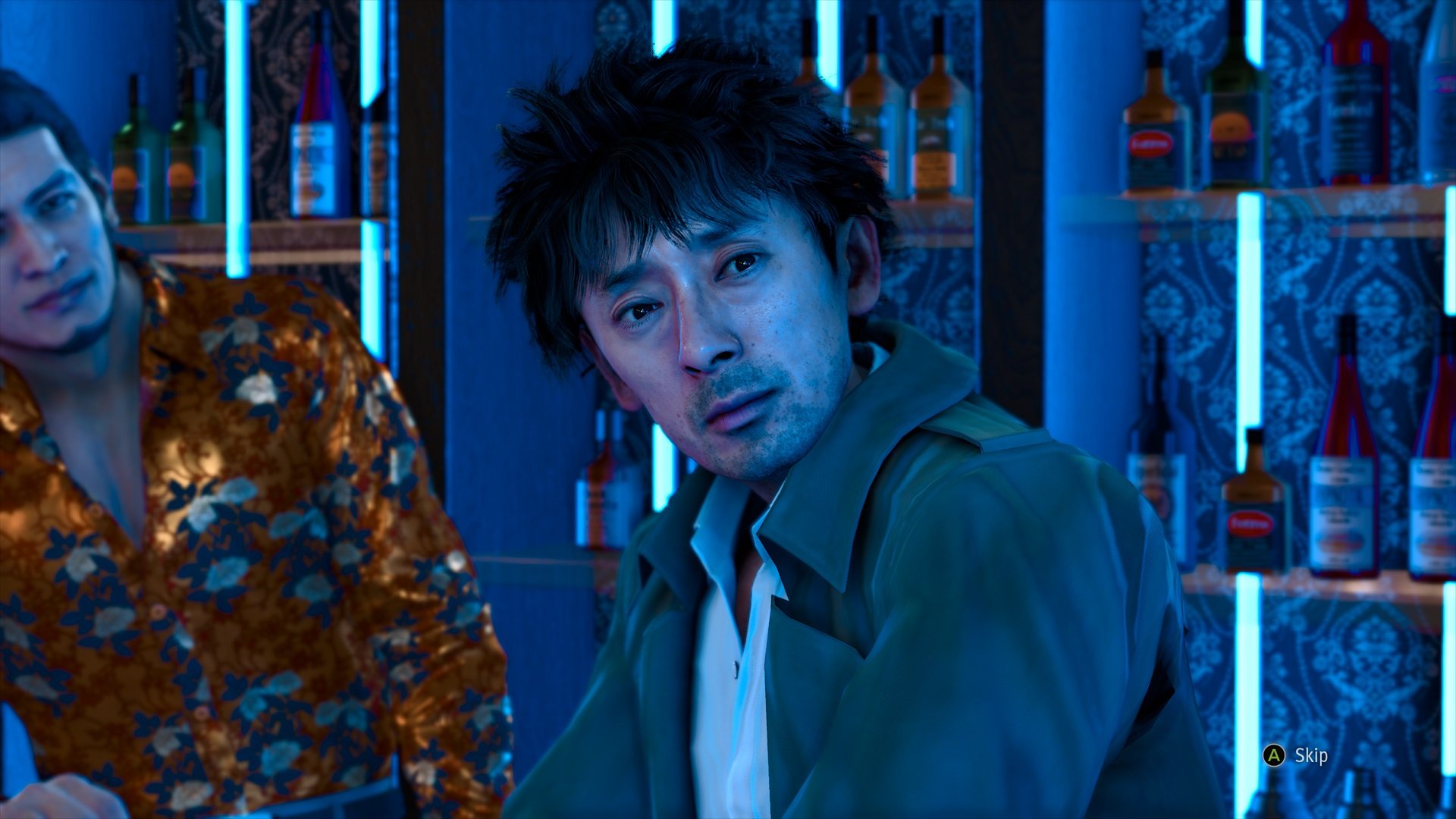
The move from PS3-era technology to Ryu ga Gotoku's Dragon Engine, which debuted with Yakuza 6, was a mixed blessing. Targeting then current-gen hardware, the engine brought a range of improvements: a more seamless city with fewer loading screens, higher NPC counts, more realistic animations, and additional physics-driven objects along with the expected upgrade in visual fidelity. While a massive jump from prior titles, the Dragon Engine always felt caged-in by the PS4's limitations even in 2016. The series reverted to a 30fps target on PS4 consoles with a resolution drop to 900p on the base PS4. The PS4 Pro ran at 1080p, but the high-frequency detail demanded higher resolutions and more effective anti-aliasing to keep up. As a result, Dragon Engine games had poor image quality. Paired with high input latency, the engine never felt good on consoles. Input lag was improved slightly in later games, but it still felt more sluggish than other 30fps games.
Within moments of selecting a new file, the next-gen difference is immediately apparent. Loading the opening cinematic on a PS4 Pro took 24 seconds compared to the two seconds on Xbox Series X. This first impression is emblematic of the overall experience. The touted 60fps target even applies to in-engine cinematics, which used higher quality assets than the in-game models. The combined framerate and resolution boost lead to a significantly sharper image with less aliasing. The added temporal stability makes the highly produced cinematics even more immersive in the same way as jumping from one home video format to its successor.
The real game-changer lies within the gameplay, though. As touched upon, Dragon Engine games suffered from horrendous latency. The animations made combat feel weightier, but it was always held back by a refresh that didn't do the engine's combat justice on consoles until now. The engine introduced heavy animation prioritization, meaning most actions couldn't begin until the animation cycle from the previous action fully played out. Judgment complicated this with Yagami's more acrobatic moveset. This made Dragon Engine games feel as chunky as wading through a pool of peanut butter. Whereas the lack of response made me dread random thug fights on PS4, I actively searched for encounters on Series X. Experiencing the engine's real-time combat at 60 frames per second is revelatory. The improved responsiveness alone is almost worth a double-dip for hardcore fans.
Examining Judgment's Enhancements

While marketing material makes special note of visual enhancements, the gravity of those enhancements haven't been detailed. If you've been privy to early online comparisons, you've no doubt noticed a change in color grading. The original has an almost golden hue to many scenes whereas the remaster uses a more natural lighting system that enhances characters' skin shading/textures.
The first scene with Ayabe in the casino highlights the improved lighting model. The wall behind the characters in the scene emanates a distinctly blue hue. In the PS4 release, this color is only faintly applied to characters' faces. They're largely untouched, as faces are constantly bathed in what looks like an orange/yellow point-light that drowns out the scene's light sources. On Series X, this same scene shows Ayabe, Kaito, and Yagami's faces heavily bathed in blue. It makes the scene moodier and more realistic. This isn't to say the new lighting works perfectly. In some scenes, the realistic lighting feels like it's lacking in an expected mood. These instances, however, are the minority. By most accounts, the new lighting adds more depth to cinematics and character close-ups. Without the unnatural shine on faces, characters rest more naturally within scenes. Skin textures and shading appear untouched, but the lighting makes faces look much more realistic paired with the higher resolution.
While faces are given a facelift due to the lighting model, Judgment's next-gen release touches up many assets elsewhere. Clothing is more finely detailed, though sometimes to a subtle degree. Depth of field is more refined too, likely because it's tied to rendering resolution. Gameplay visuals see an even bigger markup. To begin with, Judgment uses higher quality shadows. Yagami's self-casting shadow more precisely replicates his body shape while also reducing the flickering present on PS4 in some scenes.
Reflections also get a boost in resolution and precision. Judgment makes judicious use of screen space reflections with some surfaces using what appears to be a rough cubemap fallback layer. On wet puddles, reflected objects transition to a lower resolution approximation as the camera moves. This method presented issues on PS4. Aside from the reduced resolution, these cubemaps don't properly align with the scene geometry, sometimes appearing chunkier than the SSR applied over top. Series X still uses some sort of fallback, but it's higher resolution and aligns more closely in width and shape to the original geometry. In motion and in still images, reflections are more stable and appealing in the remaster.
Incidental texture detail across the board is also increased. Most low resolution assets from the original have been enhanced, bringing them in line with the rest of the world. Even the most minor differences, such as the labels underneath drinks at vending machines, provide a notable step in clarity. Other assets, such as various signs across Kamurocho, are shocking for a remaster of an only two-year-old game. Then again, these stark differences only highlight how much last-gen hardware inhibited the engine's and the game's potential. The consistency brings so much extra life to the already convincing redlight district.
The added horsepower could have meant great things for Judgment's arcade conversions, but as far as I can tell, they haven't changed. Virtua Fighter 5: Final Showdown is still only running at 720p, for example. Bundling a new 4K conversion might have added an extra selling point. Another disappointment stems from the removal of the pinball machine in Yagami's office, replaced by yet another Outrun port in a Yakuza game.

Take special notice of the white and red label as well as the raised text at the bottom.
The Dragon Engine's True Judgment
Judgment is an impressive remastered effort for such a recent game. It gives the Dragon Engine the room to flex its muscles, removing last-gen's restrictions. The visual improvements are too numerous to count, exemplifying how much effort was poured into bringing it to modern consoles. Combined with the 60 fps target, it leaves me wondering why I ever suffered through the inadequate PS4 Pro version in the first place. Judgment on next-gen consoles is how this game was always meant to be experienced. The only caveat stems from the lack of a 4K 30fps mode similar to Yakuza: Like a Dragon. Given the style and frequency of combat, though, if they had to prioritize one target for logistical reasons, 1440p at 60 frames per second was the right choice.
TechRaptor previewed Judgment on Xbox Series X with a code provided by the developer/publisher. This remaster also available on PlayStation 5 and Google Stadia.
Previews you can trust: To ensure you're getting a fair, accurate, and informed review, our experienced team spends a significant amount of time on everything we preview. Read more about how we review games and products.
Have a tip, or want to point out something we missed? Leave a Comment or e-mail us at tips@techraptor.net
